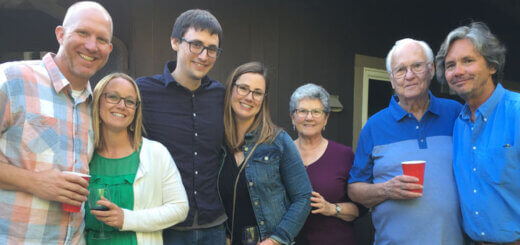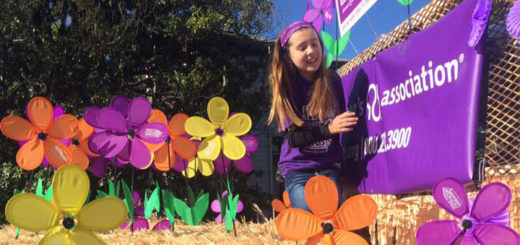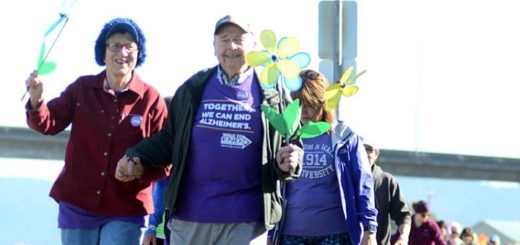Helpline experience leads North Bay man to volunteering
After benefiting from Alzheimer’s Association services, Marc Loupe was inspired to volunteer. Now as member of two different Walk to End Alzheimer’s committees and the chapter Board of Directors, Marc educates others on the impact of dementia, especially companies.
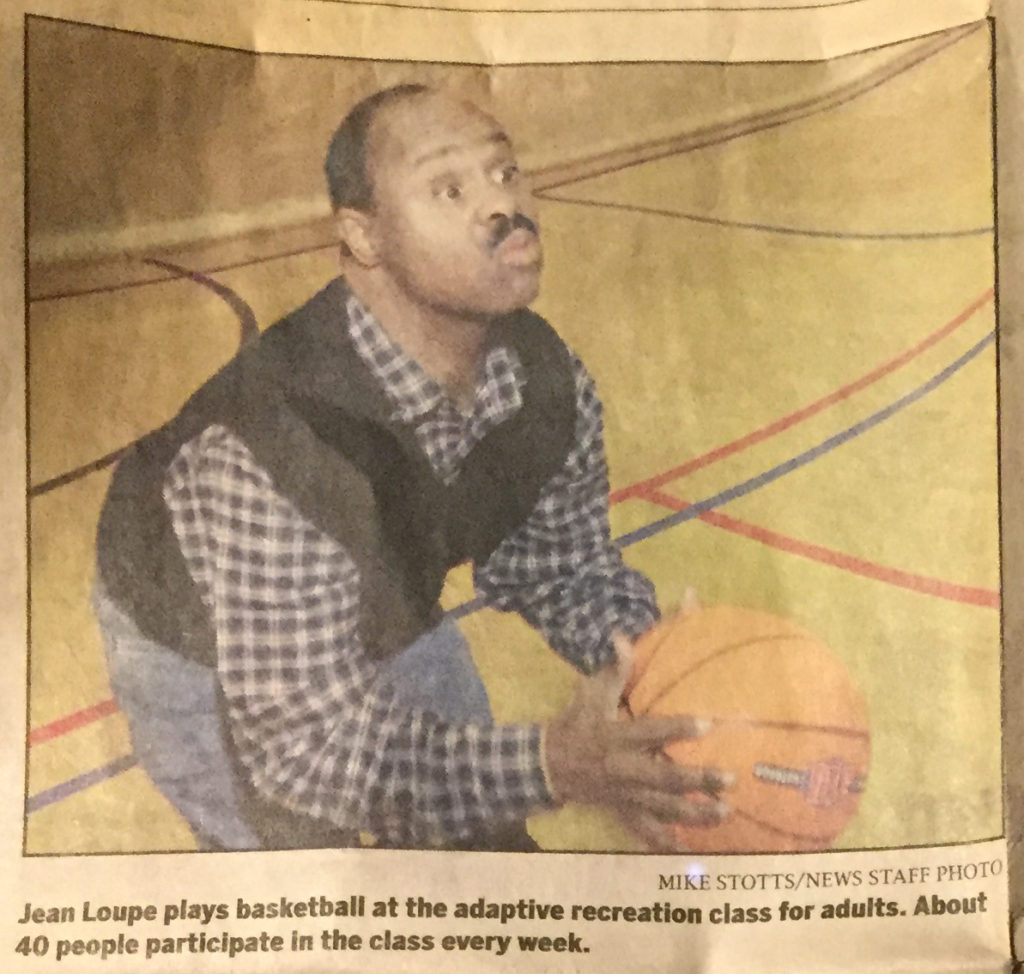
Down syndrome and Alzheimer’s
Marc Loupe’s younger brother, Jean (pronounced John), was born with Down syndrome. Jean grew up in a loving family and had always been very friendly with people. As a resident of Southern California, Jean was the youngest among four brothers. When the brothers’ parents moved to Las Vegas after retirement, Jean moved with them.
“We’d been accustomed to his Down syndrome since birth,” said Marc. “We were able to navigate that to a great extent.”
However, in Jean’s 40s his behavior began to change. “He became much more agitated,” said Marc. “It became more challenging to manage his behavior.”
According to the National Down Syndrome Society, about 30% of people with Down syndrome who are in their 50s have Alzheimer’s dementia. In their 60s, that number increases to about 50%.
After visiting Jean’s health care provider, Marc and his family were informed that Jean had dementia. “I remember her using the word “˜dementia’ and not thoroughly understanding,” said Marc. “His doctors gave him medication to help manage the symptoms. However, whenever he took it, he stopped being present cognitively. As his family, watching him slide into that state was incredibly difficult.”
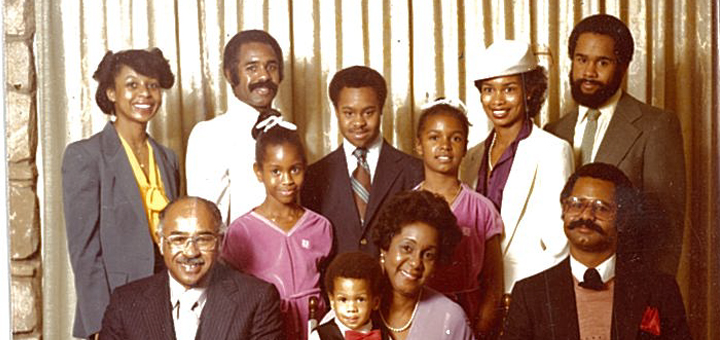
Calling the 24/7 Helpline
Because of Jean’s behavior, it became clear that he could no longer live at home with their mother. Jean’s doctor didn’t seem to know much about the combination of Down syndrome and dementia and was unable to provide Marc and his family with any resources.
“The doctor’s way of handling Jean was with medication instead of education,” said Marc. “She wasn’t well equipped to help us, which seems common with a lot of healthcare providers. We weren’t prepared for how to handle the transition into dementia.”
On top of this, Marc’s mother had also begun to exhibit symptoms of dementia. Marc was doing the best he could from his home in the North Bay to supplement the assistance provided by his two other brothers. , but he felt helpless. Luckily, he heard an ad on the radio for the Alzheimer’s Association 24/7 Helpline (800.272.3900) and decided to call.
“I was so moved,” said Marc. “The people on the other side of the phone really cared. They told me how to navigate finding a facility for my mom and taught me about memory loss.
“In a 15 to 30-minute conversation, I felt mobilized, capable, and I knew I could call back if I fumbled. They gave me direct resources that I could use in Las Vegas.
“They told me, if you need help call us back. I’ve never had a call like that in my life.”
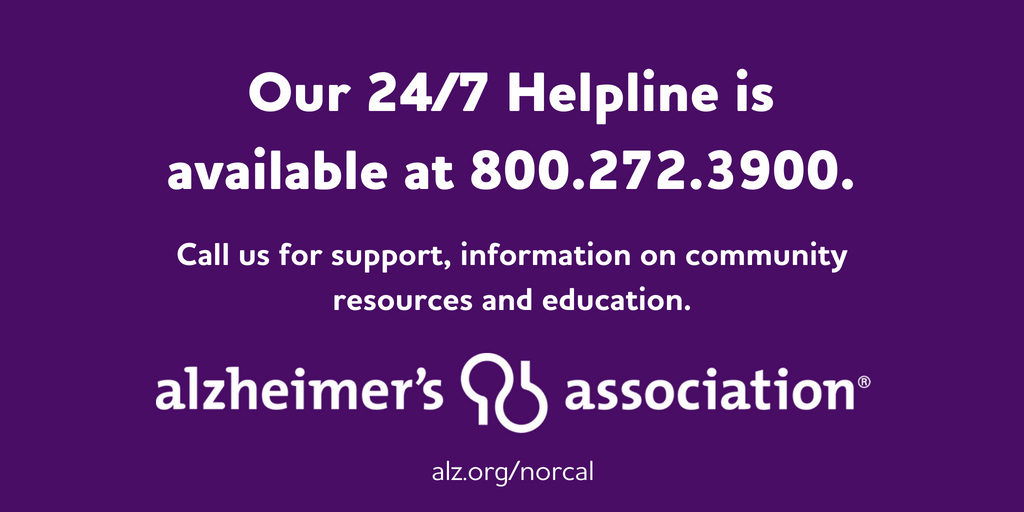
Volunteering for the Alzheimer’s Association
In a weird twist of fate, Marc happened to be at an event in Napa and met Karen Stevenson, then local board president for the Alzheimer’s Association. “I had no idea who she was, we were just sharing our backgrounds,” said Marc.
“I told her my story, not knowing she was involved with the Alzheimer’s Association. Then one thing led to another and it morphed into getting more involved.”
In 2016, Marc lost both his brother and his mother within a short period of time. Marc said, “My mother died the same day as Jean’s funeral.” That year, he decided it was time to become a volunteer for Walk to End Alzheimer’s.
Because Marc works and lives in the North Bay, he decided to volunteer for both the Sonoma-Marin and Napa Valley Walk to End Alzheimer’s events. He’s currently a member of the sponsorship committee for both Walks.
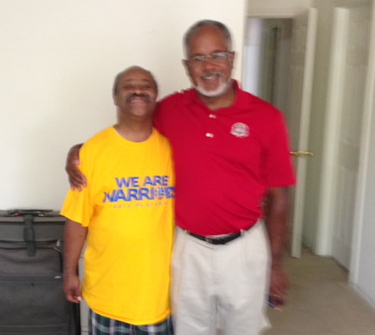
The impact of caregiving on employees
Part of Marc’s role on the sponsorship committee is to invite business to support Walk to End Alzheimer’s. Besides securing sponsors, Marc has a second goal. He’d also like for businesses to understand the impact of caregiving on their employees.
According to the 2020 Alzheimer’s Disease Facts and Figures report, 57% of caregivers who are employed reported sometimes needing to go in to work late or leave early in order to provide care for their loved ones. Eighteen percent of caregivers reduced their work hours due to care responsibilities.
Businesses are impacted when caregivers need time off to care for their loved ones. The costs of dementia caregiving for employers may include replacement costs for employees who quit due to their caregiving responsibilities as well as the costs for employees needing to miss work. In 2010, employers lost $13 billion due to employees’ elder care responsibilities.
“When my brother was still alive, I was very unproductive at work,” said Marc. “I had to fly back and forth to Las Vegas. Yes, I had a brother who needed my help, but I still had work at the office. I want companies to know how much of an impact Alzheimer’s makes not only on the employee but on their company as a whole.”
The Alzheimer’s Association can work with companies to help them support their employers who are also caregivers. They offer education programs for companies (currently conducted online) and can help connect employees with support groups and other community resources.
To further amplify Marc’s engagement with the business community, he and his business partners at The 2Go Companies created a caregiving theme titled “BEAT” (Businesses Ends Alzheimer’s Today!). The desired result is the business community will rally around a common theme to sponsor Walks at an appropriate level that matches their available resources.
Joining the board
In 2019 Marc decided he wanted to do more for the Alzheimer’s Association. When he first met Karen, she had introduced Marc to the leadership council. Her hope was that he would join the local Board of directors.
At the time, Marc had just decided to begin a new business venture and obtain an “academic refresh” by obtaining another degree. Because of this, he couldn’t meet the time commitment to be a member. Now that he’d finished with his continuing education endeavor, he was interested in joining the board. He went through the vetting process and has been on the board for over a year now.
“I absolutely enjoy everyone I work with,” said Marc. “I’m so moved by the leadership of the organization and how much they care. I appreciate the organization so much more now.”
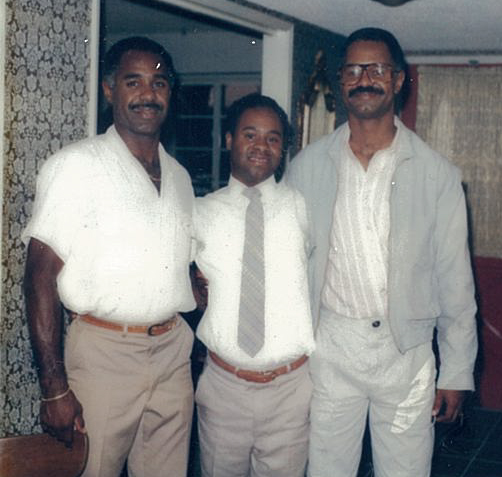
A new Walk experience
Marc walks in honor of his brother and to show his appreciation for the Association. “I walk to spread the word and help educate people,” said Marc. “The Helpline helped educate me, and I think that’s really important for people.”
In the past, people would come together on Walk day to share their stories and feel empowered by the number of people supporting the cause. “It’s so impactful when you look in the eyes of other participants,” said Marc.
“You can see how important it is in their lives. You’ll see people with joy and people crying. Those feelings can come through because they are among people who understand.”
Due to the pandemic, walkers will not be able to meet in large groups as they’ve done in the past. Instead, participants will walk within their local communities. Walkers will be encouraged to follow CDC guidelines and recommendations from local health officials when deciding whether to walk with those outside of their household.
Marc is looking forward to the opportunities this new version of Walk will bring to the communities. “It’s going to increase awareness,” said Marc. “It’s a unique opportunity for people to share those emotions I saw last year with their community.
“When you walk in your community, people start to get a personal attachment to that community. If I’m walking with a neighbor or people in my area, I know them.
“It’s different than driving to a Walk in another city. When you do this as a community, you’re bringing new resources into the area.”
Become a volunteer
Marc has volunteered with non-profit organizations for years. He encourages others whose families have been impacted to volunteer with the Alzheimer’s Association. “You do better as a volunteer when you have a personal connection to the organization,” said Marc.
“Those of us who can volunteer, should. Volunteering is good, it builds character. I believe it’s a social responsibility to give back.”
While walk may be different this year, it doesn’t mean the need for volunteers is any less. The Walk to End Alzheimer’s is looking for talented individuals with time to spare to help us grow the movement. There are several virtual opportunities available. Volunteer for your local Walk here.
Marc will be walking for the Napa Valley Walk on September 12, and again for the Sonoma-Marin Walk on October 10. You can donate to Marc’s Walk page here or start your own team. We’re still coming together in 2020, even if it means trying something new. Not in the Sonoma or Napa area? Register today at alz.org/walk and be the first to know about Walk activities in your area.
Learn more:





